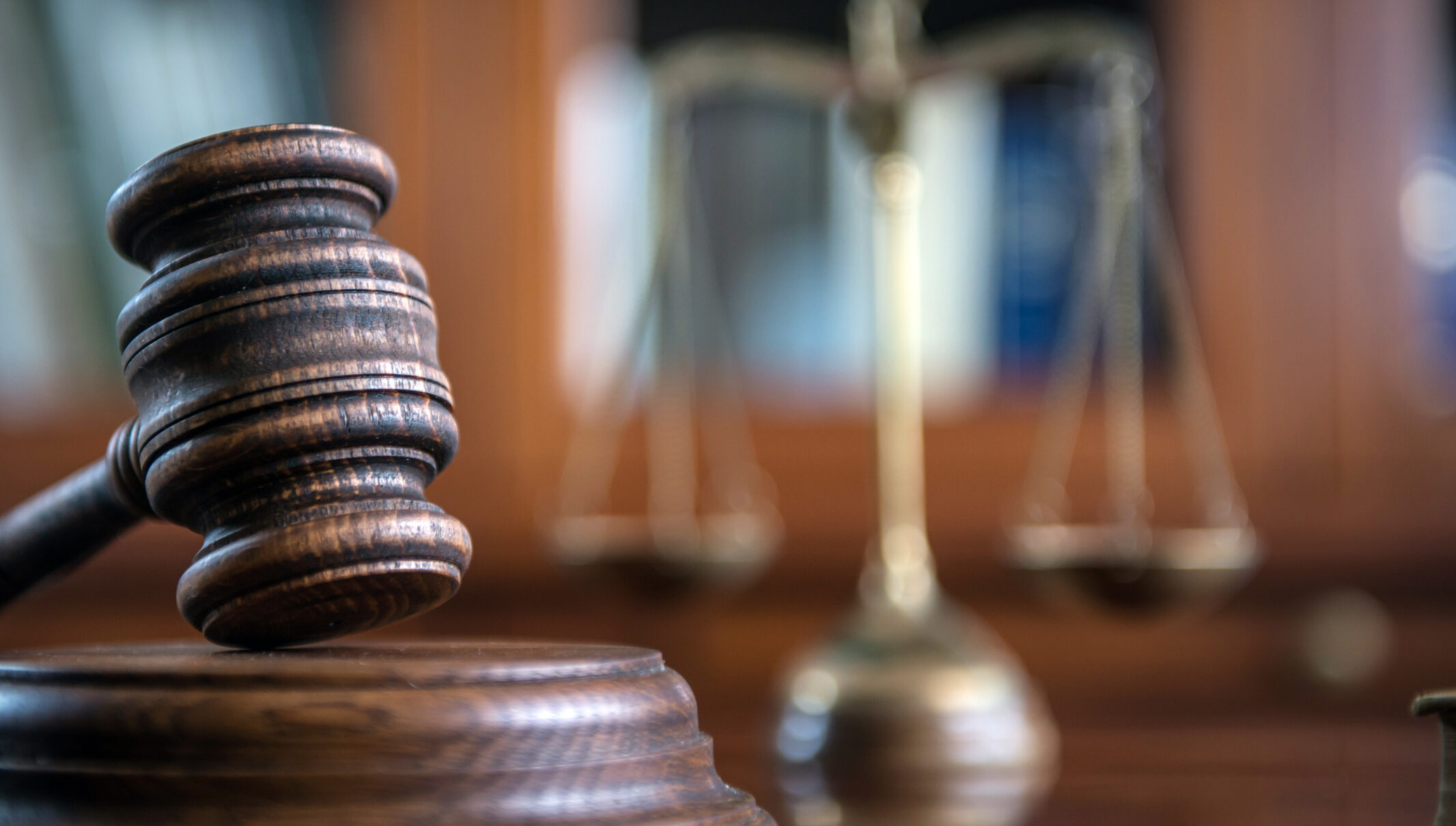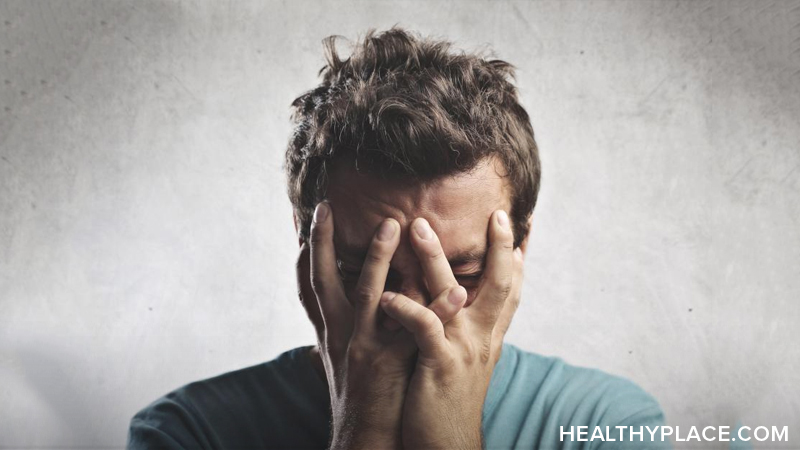Guilty Verdict - What It Means And How It Plays Out
Have you ever felt that sinking feeling, that knot in your stomach, when you know you've done something not quite right? That, in a way, is the personal side of feeling guilty. It is a feeling of being worried or unhappy because you have done something wrong, perhaps causing some sort of trouble or breaking a rule. This sense of personal responsibility for an error or a misstep is something many people experience, and it can be quite a heavy burden to carry, you know?
When we talk about a "guilty verdict" in a more formal setting, like a courtroom, it takes on a very specific and serious meaning. It's about someone being officially decided as responsible for a serious breach of conduct or, more often, a crime. This decision usually comes from a judge or a group of people in a jury, after they have heard all the facts and evidence presented to them. It's a moment that can change someone's life, basically, marking them as having committed an offense against what is considered moral or legal law.
This idea of a "guilty verdict" isn't just a legal concept; it touches real lives and real stories, as we've seen play out in public view time and again. From high-profile cases involving well-known people to situations that capture a community's attention, the moment a judge or jury declares someone responsible for a wrong act is a significant one. We'll look at some of these instances, seeing how these decisions come about and what they mean for the people involved, and for the wider world, too it's almost.
- Kristen Stewart Partner
- Thom Evans
- Wanda Barzee
- I Know What You Did Last Summer 2 Cast
- Makani Ravello Harrelson
Table of Contents
- The Core Idea Behind a Guilty Verdict
- Faces of the Verdict - People and Their Situations
- Donald Trump and the Guilty Verdict - A Historic Moment
- A$AP Rocky's Situation - Another Guilty Verdict Scenario
- Why Do People Feel Guilty?
The Core Idea Behind a Guilty Verdict
At its very heart, the word "guilty" points to someone being rightly held accountable for a serious misstep or a criminal act. It means they are responsible for doing something wrong, especially something against the law. When a court says someone is "guilty," it means a group of people, like a jury, has officially made a decision that the person did, in fact, commit the act they were accused of. This is a formal declaration, a legal finding that someone has broken rules, either moral ones or those set by society's laws.
The definition of this term stretches from a simple feeling of shame for a wrong action to a formal legal declaration. You might feel bad because you didn't do something you should have, or because you caused trouble for someone. In a courtroom, though, it's about a plea where a person does not argue against a charge, or it's the official decision made by a judge or jury after a trial. It’s a word that covers a wide range of situations, really, from a personal feeling to a very serious legal outcome, very much so.
What Does "Guilty" Truly Mean?
To truly grasp what "guilty" means, we can look at how it's described in various places. For instance, it can mean someone is justly charged with or responsible for a significant breaking of rules or a crime. It can also describe the feeling of being worried or unhappy because you have done something amiss, like causing trouble for someone. If you are found to be guilty, it means a group of jurors has officially decided you did what you were accused of doing. It points to having committed an offense, a crime, or a wrong, especially against the rules of behavior or the legal code, you know.
- Jillian Michaels Wife
- Yang In Greys Anatomy
- The Highwaymen Country Supergroup
- Ice Spice Ozempic
- Harry Potter Show Cast
The term can also describe something that is linked to or involves this sense of wrongdoing. A "guilty" plea, for example, is when a person accused of something does not fight the charge. Then there's the verdict itself, which is the decision made by a judge or jury that a person has committed a crime. So, it's a word with layers, from a deep personal feeling of regret to a formal statement of responsibility in the eyes of the law. It’s quite a significant word, actually, with a lot of weight.
Faces of the Verdict - People and Their Situations
The concept of a "guilty verdict" often comes into sharp focus when it involves real people and their stories. These aren't just abstract ideas; they are moments that shape lives and public conversations. When someone is identified as having done something wrong or illegal, and a court makes a decision about it, the impact can be felt far and wide. We've seen this play out in various situations that have drawn considerable public interest, bringing the legal process right into our homes, so to speak.
The police, for instance, have a job to figure out who is responsible for a crime. Their work often leads to court proceedings where the question of whether someone is responsible for an act is put to the test. These cases often highlight the human element of the legal system, showing how complex and emotionally charged these situations can become. It's a process that, in some respects, tries to bring clarity and accountability to events that are often messy and painful for everyone involved.
The Karen Read Case - A Look at Her Guilty Verdict Outcome
The case involving Karen Read recently captured a lot of attention. She was accused in connection with the 2022 death of John O'Keefe, who was a police officer in Boston. After days of careful thought by the jury, a decision was reached. Karen Read was found not responsible for the more serious charges, including murder and manslaughter. This news brought cheers from her supporters gathered outside the court, very much so.
However, the jury did find her responsible for a lesser charge: operating a vehicle while under the influence of alcohol, or drunk driving. This outcome meant she received one year of probation for that specific finding. Her legal team had argued a different story about O'Keefe's passing, but the jury's final decision focused on the driving charge. It's a situation that shows how a single case can have mixed outcomes, with some charges leading to a "not guilty" finding and others to a "guilty verdict," as it were.
How Did Derek Chauvin's Guilty Verdict Unfold?
Another widely discussed situation involved former Minneapolis police officer Derek Chauvin, concerning the passing of George Floyd. A jury reached a decision in his trial, which was watched by many around the globe. The outcome was that Mr. Chauvin was found responsible for all the charges against him. This was a significant moment, with the former officer being taken into custody right after the decision was announced, his attorney watching on, you know.
The finding of responsibility on all counts for Mr. Chauvin was a pivotal point in a case that sparked widespread conversations about policing and justice. It represented a formal determination by a group of citizens that he had committed the acts he was accused of. This kind of "guilty verdict" has a lasting impact, not just on the individual involved but also on the wider community and on how people view the legal system, in a way.
Donald Trump and the Guilty Verdict - A Historic Moment
Former President Donald Trump also faced a significant legal outcome recently. He was found responsible for all charges in his New York hush money trial. This decision was made by a jury in Manhattan and marks a notable moment in history, as it involved a former president. The judge overseeing the case will soon set a date for the consequences of this finding, basically.
Mr. Trump was determined to have falsified records, actions that were connected to covering up a situation that could have affected his 2016 campaign. Following the jury's decision, it is expected that he will challenge the outcome. This event highlights how a "guilty verdict" can apply to anyone, regardless of their past position, and how the legal process continues even after the initial finding, with opportunities for further review, that is.
What Happens After a Guilty Verdict is Reached?
Once a "guilty verdict" is delivered, the legal process does not immediately stop. For example, in the case of former President Trump, his consequences are scheduled for a future date. This period allows for various next steps, which might include arguments about what the appropriate outcome should be, given the findings. It's a time for the court to consider the specific details of the situation and the person involved, you see.
It is also quite common for a person found responsible to seek to overturn the decision. Mr. Trump, for instance, is likely to appeal the finding by the Manhattan jury. This means the case can move to a higher court, where legal arguments will be made about whether the initial process was fair or if there were any mistakes. So, a "guilty verdict" is often a step in a longer legal sequence, not necessarily the final word, just a little bit.
A$AP Rocky's Situation - Another Guilty Verdict Scenario
The rapper A$AP Rocky also faced a court decision in Los Angeles. He was dealing with two serious charges connected to an alleged incident in Hollywood in 2021. A jury reached a finding in his trial as well. While the specific outcome of his "guilty verdict" isn't detailed in the provided information beyond the jury reaching a decision, it underscores how various individuals from different walks of life can find themselves facing such legal moments. It shows, too it's almost, that these situations are not limited to one type of person or one kind of charge.
Why Do People Feel Guilty?
Beyond the formal legal definition, there's the very human experience of feeling responsible for wrongdoing. When you do something wrong, you often feel bad or sorry about it. This personal sense of being "guilty" is an emotional response, a feeling of shame that comes from having done something you know is incorrect, or perhaps not having done something you really should have. It's a deeply personal experience, quite distinct from a court's finding, but connected by the core idea of responsibility for an action.
This feeling can be a powerful motivator for change, prompting people to make amends or to act differently in the future. It's about acknowledging a personal failing or a mistake. So, while a "guilty verdict" in court is about a legal decision, the feeling of guilt is about an internal recognition of having missed the mark, in a way, against one's own sense of right and wrong or society's expectations. It's a fundamental part of the human condition, actually, to feel this weight.

People who are more prone to feeling guilty are more trustworthy

Should I Plead Guilty Or Not Guilty To An Allegation? | Slater Heelis

Feeling Guilty Because You Have A Mental Illness | HealthyPlace